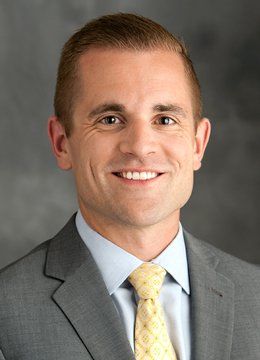Endologix, a public company, manufactures and sells medical devices for the treatment of abdominal aortic aneurysms. In 2013, European regulators authorized Endologix to market a new medical device, Nellix. Soon thereafter, the company began the process of obtaining FDA approval to sell the device in the United States. In late 2016, however, Endologix announced that the FDA would require two more years of testing, which ultimately led to the company discontinuing its FDA-approval efforts.
A shareholder filed suit in January 2017, alleging that while the FDA approval process was ongoing, Endologix and its executives committed securities fraud by representing that Nellix was likely to receive FDA approval despite knowing that approval was unlikely. The complaint alleged that the company and its executives became aware of the product “migrating” in European patients, i.e., moving locations within the body. In support of these allegations, the plaintiff relied heavily on confidential witness statements from the company’s former head of research and development.
In a decision authored by Judge Bress, the Ninth Circuit unanimously affirmed the district court’s dismissal. The court explained that the plaintiff’s “central theory” was that Endologix executives knew Nellix had encountered problems in Europe that would manifest again in U.S. clinical trials, which would in turn lead the FDA to deny premarket approval. But, according to the court, that theory did “not make a whole lot of sense” in context. Citing a Fourth Circuit decision, the court deemed implausible that Endologix “would promise FDA approval that it knew would not materialize” when the company devoted significant resources to develop the device and obtain FDA approval, and where the plaintiff did not allege that the defendants financially benefited from the deception.
Meanwhile, the court explained that the witness statements failed to cure the deficiencies because they lacked “any detail about the supposed device migration problems.” Considering the allegations as a whole, the court observed that the fraud theory did “not resonate in common experience” and whatever inference of scienter existed was not “at least as compelling as any opposing inference one could draft from the facts alleged.”
As a result, securities litigants should scrutinize the complaint’s theory of fraud to ensure that it is economically plausible and “resonates in common experience.”
About the author

